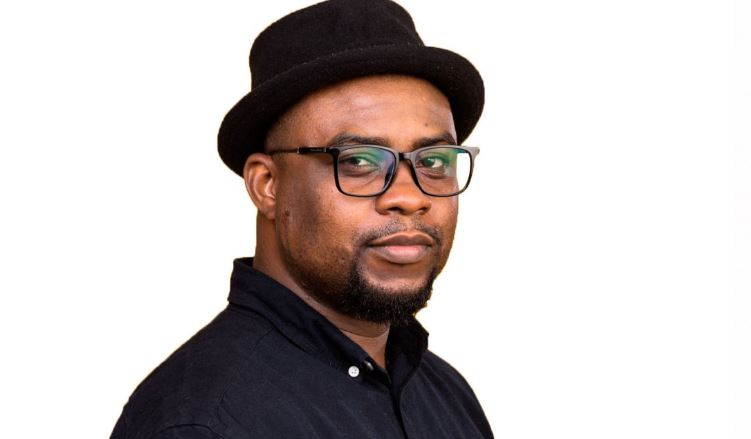“My family tree is more branches than trunk” are the words with which Ndukwe Onuoha, the soulful poet and creative director of 7even Interactive, opens ‘Genesis’, his most recent spoken word performance.
This isn’t another solo track; Maka wisely takes care of the introspective, delightful chorus.
Right from when the picture starts rolling, revealing the silhouette of the performer who dons a hat, the endearing peculiar style of poetic expression sucks you in.
Every verse is tenderly rendered, and the visual metamorphosis— which ranges from labyrinthine that you witness throughout the three minutes video is meticulously thought out.
Onuoha is a man with a plan, one he stuck to as long as his creative projection demanded.
Imagery is well adopted in effortlessly freighting the poet’s ballad. In ‘Genesis’ — which one wonders how much of it is autobiographical—Onuoha traces the background of the narrator. A history which is so intriguing, anyone.
“Would marvel at how much a tree
can be engulfed by an inferno
and not get burned by the heat”
And it is the story of that original, the evolution of the individual from a place of bleakness to a plane of illumination, that this piece largely explores.
The narrator has an upbringing that leaves the jaw-dropping. Giving a hint of being an offshoot of a family unlike the ideal we are used to and without disclosing in whose custody he was bred, the poet declares that
“I was five years old when I met my father or maybe six or seven, I don’t remember.”
His young mind has vivid recollections of other forlorn moments: “there was no lullaby soothing enough” to satisfy the chasm in his soul, a void from which a wild thirst sprouted.
Predictably, left to his own devices, with no discerning voice to help broaden his understanding of events, he embraced a life of rebellion. Gambling blindly with his fate, he cajoled “the lightning to bare its fangs” and mentally numbed by the inexperience of youth, took “foolishness for bravery and anger for strength”.
While it took about five years to meet his father, meeting his mother took much longer. It wasn’t until he reached the age of consent, “after I had peeled the leather from my back and lost the courage to pull”, that he finally met the womb that bore him.
However, as the poet admits, the appearance of his parents doesn’t make his life magically perfect.
Driven by the impulses of impatience common with young adults, he rushes into decisions, clinging onto the fanatical belief that life’s a game of truth and mendacity, and like an avid competitor, he confesses, quite remarkably, that “I didn’t want to be the one who lost”.
Looking back at the route he’s taken to find his place in the world, the journey embarked on appears worthwhile—at least that’s how he sees it. He has “grown new roots now” and despite the cynicism he often battles, the turbulent hours he faces, his arms are stretched out, in surrender, to “the face of a God I’m sure I believe”.
This, for the first time in the piece, he acknowledges his mortality, the grace of an abiding Superior Force.
As the visual grinds to a close, the poet reviews his story and is not afraid to express gratitude “for the bough that broke” and “for the seeds that spilt”.
Death, he points out, is the inevitable path to resurrection. He has borne his draining cross, stepped into his bloom, and even Moses, the liberator of Jacob’s progeny, would be as gleefully astonished as he is.
This piece isn’t a vitrine in which Onuoha’s genesis glows; it’s more than the review of his formative years. We’re witnesses to his grand revelation; the acceptance of naked self, the seed of artistic genius.
Copyright 2025 TheCable. All rights reserved. This material, and other digital content on this website, may not be reproduced, published, broadcast, rewritten or redistributed in whole or in part without prior express written permission from TheCable.
Follow us on twitter @Thecablestyle

